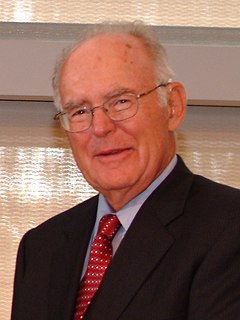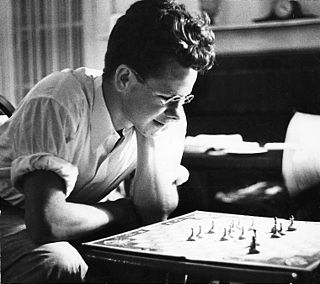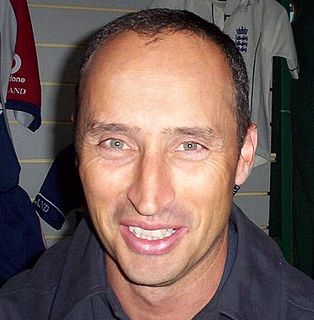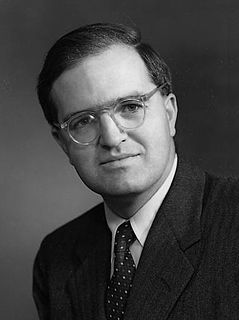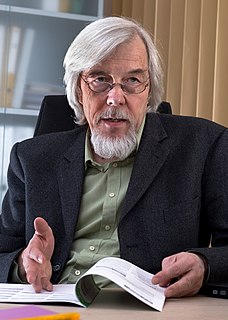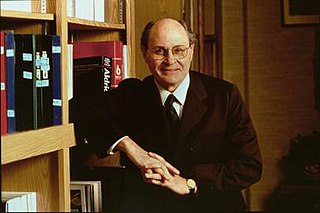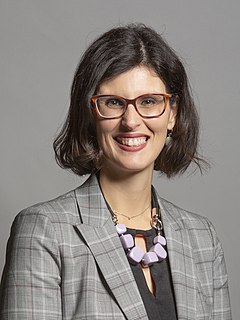A Quote by Gordon Moore
My first job out of school was to do basic research at Johns Hopkins University's applied physics lab.
Related Quotes
I founded an educational software company called Knowledge Revolution. We had the first fully animated physics lab on the computer. You could take ropes, pulleys, balls and anything else you'd use in your physics textbook and the program would allow you to build anything you can think of in a physics lab.
From age 16 on, I found school boring and failed A-level Physics at my first attempt. This was necessary for university entrance, and so I stayed an extra year to repeat it. This time, I did splendidly and was admitted to Sheffield University, my first choice because of their excellent Chemistry Department.
It was basic research in the photoelectric field-in the photoelectric effect that would one day lead to solar panels. It was basic research in physics that would eventually produce the CAT scan. The calculations of today's GPS satellites are based on the equations that Einstein put to paper more than a century ago.
When I finished my degree I became a physics and maths teacher. And worked in the international school in Brussels, because like many kids, after University I went home going 'ahhh I don't know what to do'. I happened to fall upon a job there because they were desperate for a physics teacher which is a common theme among many schools.
This example illustrates the differences in the effects which may be produced by research in pure or applied science. A research on the lines of applied science would doubtless have led to improvement and development of the older methods - the research in pure science has given us an entirely new and much more powerful method. In fact, research in applied science leads to reforms, research in pure science leads to revolutions, and revolutions, whether political or industrial, are exceedingly profitable things if you are on the winning side.
